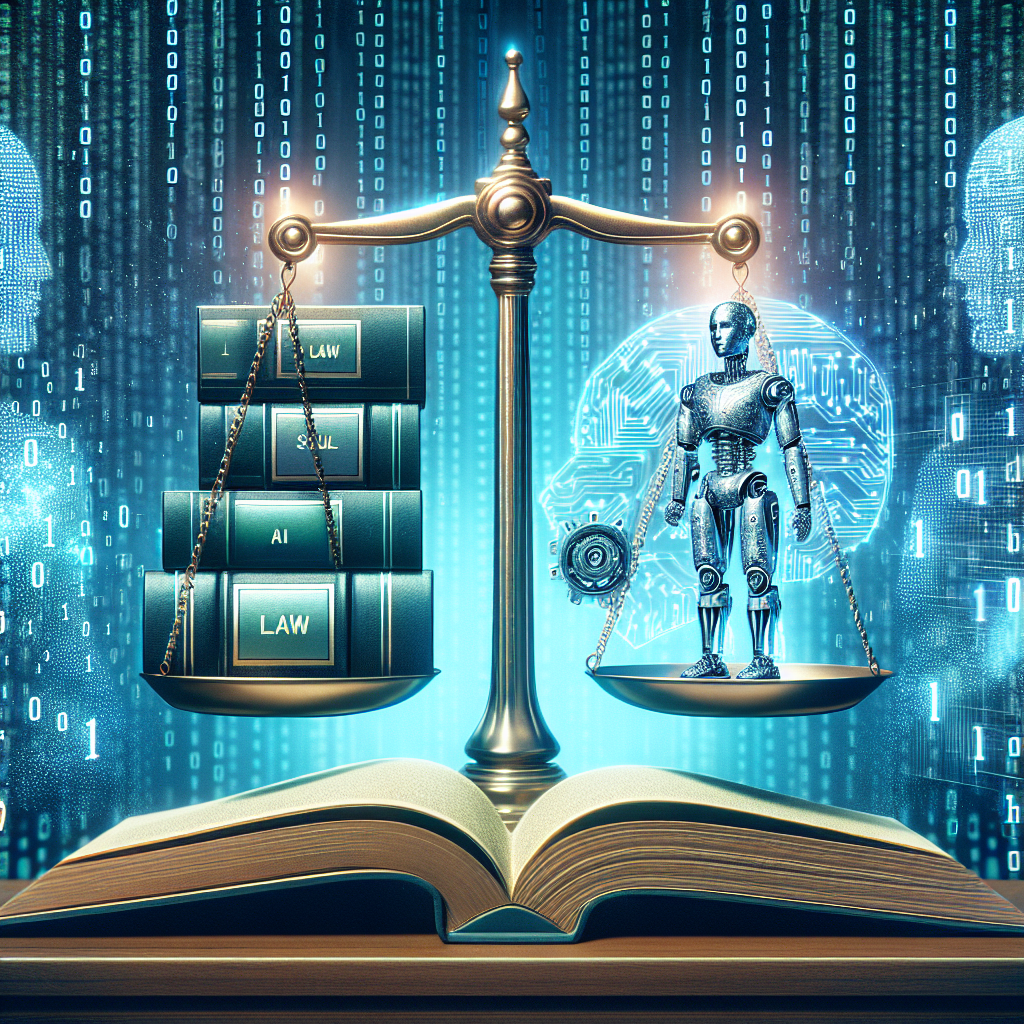The use of artificial intelligence (AI) in criminal justice systems around the world is becoming increasingly prevalent. From predictive policing to risk assessment tools used in bail decisions, AI is being employed in a variety of ways to aid in the administration of justice. However, the ethics of AI in criminal justice are a topic of much debate and concern. This article will explore the ethical implications of using AI in criminal justice systems and address some frequently asked questions about the topic.
One of the primary ethical concerns surrounding the use of AI in criminal justice is the potential for bias and discrimination. AI algorithms are only as unbiased as the data they are trained on, and if that data is biased or flawed in some way, the algorithms themselves will produce biased results. For example, if a predictive policing algorithm is trained on historical crime data that disproportionately targets minority communities, the algorithm may disproportionately target those same communities in the future, perpetuating existing biases in the criminal justice system.
Another ethical concern is the lack of transparency and accountability in AI systems. Many AI algorithms used in criminal justice are proprietary and not subject to independent scrutiny or review. This lack of transparency can make it difficult to understand how decisions are being made and to hold anyone accountable if those decisions are found to be flawed or biased. Additionally, the use of AI in criminal justice raises questions about due process and the right to a fair trial. If AI is being used to make decisions about bail, sentencing, or parole, defendants may not have a clear understanding of how those decisions were reached or the opportunity to challenge them.
There are also concerns about the potential for AI to infringe on individual privacy rights. For example, some predictive policing algorithms use data from social media or other sources to make predictions about future criminal activity. This raises questions about the ethical implications of using personal data in this way and the potential for abuse or misuse of that data.
Despite these concerns, there are also potential benefits to using AI in criminal justice. For example, AI algorithms have the potential to improve the efficiency and accuracy of decision-making in the criminal justice system. They can help identify patterns and trends in crime data that human analysts may overlook, and they can provide insights that may help law enforcement agencies allocate resources more effectively.
Additionally, AI can help reduce the workload of human judges, prosecutors, and defense attorneys, allowing them to focus on more complex cases and tasks. AI tools can also help improve access to justice for marginalized communities by providing more consistent and fair outcomes in cases where bias may be a factor.
However, in order to realize these benefits, it is essential to address the ethical concerns surrounding the use of AI in criminal justice. This includes ensuring that AI algorithms are transparent, accountable, and free from bias. It also requires careful consideration of how AI is used and implemented in the criminal justice system to ensure that it does not infringe on individual rights or perpetuate existing inequalities.
In conclusion, the ethics of AI in criminal justice are complex and multifaceted. While there are potential benefits to using AI in this context, there are also significant ethical concerns that must be addressed. By carefully considering these concerns and working to mitigate the risks associated with AI in criminal justice, it is possible to harness the potential of AI to improve the administration of justice while upholding fundamental ethical principles.
FAQs:
Q: How can we ensure that AI algorithms used in criminal justice are unbiased?
A: One way to ensure that AI algorithms are unbiased is to carefully examine the data that they are trained on and to test the algorithms for bias before they are deployed. It is also important to regularly monitor and audit AI systems to ensure that they are producing fair and accurate results.
Q: What are some potential consequences of using biased AI algorithms in criminal justice?
A: Using biased AI algorithms in criminal justice can lead to unfair outcomes for individuals, perpetuate existing inequalities in the criminal justice system, and erode trust in the legal system. It can also lead to increased discrimination and harm to marginalized communities.
Q: How can we improve transparency and accountability in AI systems used in criminal justice?
A: One way to improve transparency and accountability in AI systems is to make the algorithms and decision-making processes more transparent to the public. This can be done through independent audits, public reporting on the use of AI in criminal justice, and the establishment of clear guidelines and standards for the use of AI in this context.
Q: What are some ways that AI can help improve access to justice in criminal cases?
A: AI can help improve access to justice by providing more consistent and fair outcomes in criminal cases. It can help identify patterns and trends in crime data that human analysts may overlook, and it can provide insights that may help law enforcement agencies allocate resources more effectively. AI can also help reduce the workload of human judges, prosecutors, and defense attorneys, allowing them to focus on more complex cases and tasks.

